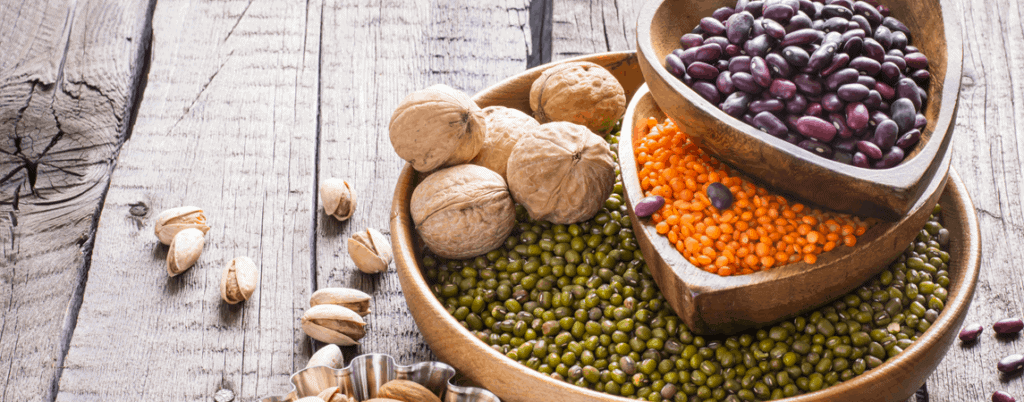Tips to Support Immune Health
Eat a well-balanced diet! Focus on nutrient-rich fruits and vegetables, as well as healthy proteins that provide amino acids — healthy proteins needed to support a functioning immune system. There is evidence that various...


Eat a well-balanced diet
Focus on nutrient-rich fruits and vegetables, as well as healthy proteins that provide amino acids — healthy proteins needed to support a functioning immune system. There is evidence that various micro- and macronutrient deficiencies alter immune response. Add the following to your grocery list and your diet to help boost immune defense (except, of course, those to which you are allergic, intolerant or reactive):
- Vit A – Sweet Potato, Carrots, Tuna, Butternut Squash, Spinach
- Vit C – Kiwi, Bell Peppers, Strawberries, Oranges, Broccoli
- Vit D – Salmon, Mushrooms, Fortified Milk or Milk Substitutes, Tuna, Eggs
- Zinc – Meats, Firm Tofu, Lentils, Yogurt, Gluten-Free Oatmeal.
A Note on Reactive Foods.
Eliminating inflammatory foods from the diet, is essential for maintaining cytokine balance, both in the G.I. tract and
systemically. In particular, patients with existing self-tissue response(s) must strictly avoid reactive foods. While
appropriate dietary changes will be specific to each patient, avoidance of one or more of the following is common:

- Gluten-containing grains (wheat, rye, spelt, barley, kamut)
Foods known to be gluten cross-reactors (dairy, sesame, oat, millet, corn, rice, coffee, yeast) - Refined carbohydrates (some individuals may need to minimize all forms of carbohydrates)
- Nightshades (tomato, white potato, eggplant, peppers, paprika, etc.)
- Trans fats/hydrogenated oils – complete avoidance is recommended.
- Nuts and legumes (e.g., tree nuts, peas, beans, etc.)
- A low-histamine, low-FODMAP or similar diet may also be appropriate
Get regular exercise
Just like a healthy diet, exercise is a pillar of health and can contribute to a
strong immune system. Exercise can improve circulation, which may allow
the cells and components of the immune system to move through the body
freely and do their job efficiently. There are many ways to get exercise at
home, such as:

- Workout apps (search the app store!) or DVDs (search your archives!)
- YouTube videos for cardio or resistance training
- Calisthenics and body weight-based exercises (like push-ups or planks)
- Going for a walk or run
Take time to relax and de-stress
Stress drives the production of cortisol and epinephrine, which are known to diminish Th1 and natural killer cell populations. The following practices may be helpful in managing occasional stress:

- Practice mindful meditation & yoga (there are many apps and guided YouTube meditations available)
- Take a break from screens and noise
- Listen to soothing music
- Make time for favorite activities such as writing, painting, or woodworking
- Enjoy a warm caffeine-free drink such as herbal tea with adaptogens or warm golden turmeric milk
Make sure to get plenty of sleep
A lack of sleep can adversely affect your immune system; therefore, we
encourage the following practices:

- Stick to a sleep schedule
- Avoid caffeine and eating a large meal right before sleeping
- Allow time to relax and wind down before going to sleep
- Avoid screens in the bedroom, read a book
- Consider melatonin for more restful sleep


Written By Trish Green DiHom(Pract) B.Ed Cidesco Diplomat. Bach Flower Therapist.
Trish is a graduate of the Victoria University of Manchester, Trish is a teacher with 35 years of experience in the education field. For twenty of those years she has been an educator in the esthetics industry. She is an advocate for raising standards in education for Complementary Health Care Practitioners with special interest in Aromatherapy. Her career in the field of natural health and esthetics is wide and varied. From Doctor of Homeopathy to Cidesco diplomat, Trish is a dedicated professional, committed to ongoing education and the education of others.
